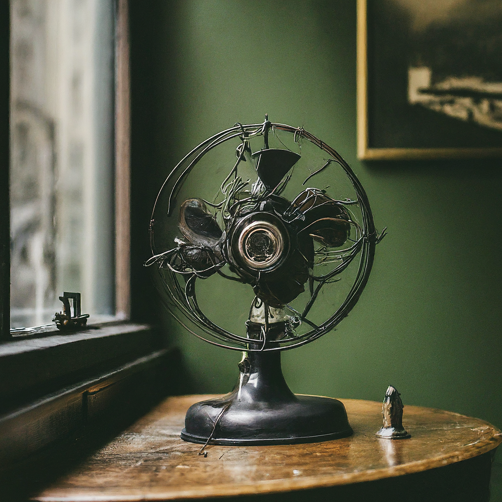Electrical Devices: Powering Our Modern World
Electrical devices have become an indispensable part of our daily lives, providing us with countless conveniences and advancements. These devices, powered by electricity, convert electrical energy into other forms such as heat, light, sound, or mechanical motion to perform their intended functions.
Types of Electrical Devices
Electrical devices can be broadly categorized into several types:
- Lighting Devices: These devices convert electrical energy into light, including incandescent bulbs, fluorescent lamps, LED lights, and streetlights.
- Heating and Cooling Devices: This category includes appliances like heaters, air conditioners, fans, and ovens, which utilize electrical energy to regulate temperature.
- Appliances: A wide range of household appliances, such as refrigerators, washing machines, dryers, stoves, and microwaves, rely on electricity to operate.
- Electronic Devices: These devices use electrical energy to process information and perform specific tasks. Examples include computers, smartphones, televisions, and gaming consoles.
- Industrial Equipment: Factories and industries utilize various electrical devices, including motors, generators, welding machines, and control systems, to power their operations.
How Electrical Devices Work
Most electrical devices operate on the principle of converting electrical energy into another form of energy. This conversion is achieved through the use of various components, such as:
- Circuits: These interconnected components allow the flow of electrical current.
- Motors: Motors convert electrical energy into mechanical energy, enabling devices to move or perform tasks.
- Heaters: Heaters convert electrical energy into heat, warming up spaces or materials.
- Lights: Lights convert electrical energy into light energy, providing illumination.
- Electronic Components: These components, such as transistors and integrated circuits, process information and control the behavior of electronic devices.
Advancements in Electrical Devices
Over the years, electrical devices have undergone significant advancements, leading to increased efficiency, convenience, and functionality. Some notable developments include:
- Energy-Efficient Appliances: Newer appliances are designed to consume less energy, reducing electricity bills and environmental impact.
- Smart Technology: Many modern devices incorporate smart technology, allowing for remote control, automation, and integration with other devices.
- Wireless Charging: Wireless charging technology eliminates the need for cables, providing a more convenient way to power devices.
- Renewable Energy Integration: Electrical devices can be powered by renewable energy sources, such as solar and wind power, contributing to a sustainable future.
As technology continues to evolve, we can expect to see even more innovative and efficient electrical devices that enhance our lives and contribute to a more sustainable world.
